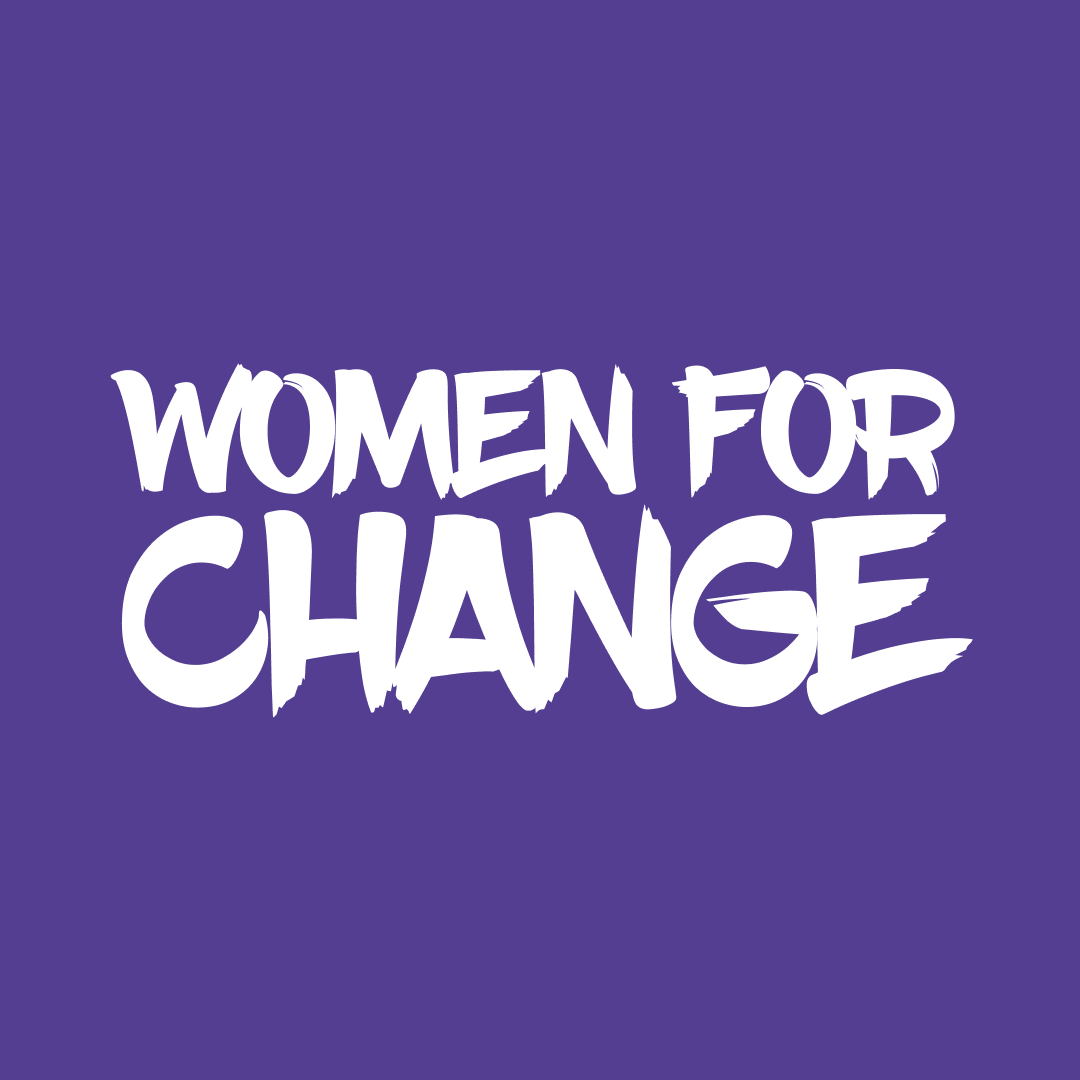

Coalition Government in South Africa: A New Era of Political Collaboration?
As we all sit and watch the news for updates on what the leaders of each political party have to say following the release of the final results out of the Electoral Commission of SA’s (IEC’s) national counting centre at Gallagher Estate on Sunday 2 June 2024, headlines all indicate that a Coalition Government is on the cards for our national government.
And this has the international markets in a bit of a stir – what with the possibility of unstable coalitions forming.
But all this talk of a Coalition Government has some of us scratching our heads – what exactly is a Coalition Government and is it a good or bad thing?
What is a Coalition Government?
According to Britannica, a Coalition Government is a –
“body of advisors that is formed when different political parties choose to cooperate in the administration and regulation of a country or community. Coalition governments usually are a temporary alliance, being formed when no single political party gains a clear majority, and competing parties instead negotiate to work together. Such a situation is likely to occur during a period of crisis, such as during a war, or in response to political breakdown. Members of all parties in a Coalition Government are appointed to a cabinet.”
Essentially a Coalition Government is formed when no single party has a majority of seats in the legislature or council. Currently in the 2024 elections as of 31 May and according to ABC News –
“With more than half of votes counted across the country's nine provinces, the ANC had received just under 42% of the national vote, according to the early results as counting continued. That represented a huge drop from the 57.5% it received in the last national election in 2019, although the final results from Wednesday's election have not yet been declared.”
With the ANC getting only 40.18% of the votes, a coalition with one of the other leading parties is now on the cards.
What this means is two or more of the political parties, the ANC, and whichever other parties it chooses to enter into a coalition with, will combine their votes in order to elect a government and will thereafter need to work together in order to support the decisions they take as a unified team.
But there is still a long way to go before we get to that point.
What’s the process leading up to a Coalition Government?
Once the IEC has received all the results, has tallied them and is happy that there are no major problems, the chairperson of the IEC will announce the result. By law, the election results must be declared within 7 days. The official period for this end’s on the 5th of June. Luckily the election results were announced on Sunday the 2nd of June 2024. Way ahead of the official end date.
From that moment, the Chief Justice will then have 14 days to convene Parliament. At that first meeting, newly elected members will be sworn in, after which they must elect the Speaker and Deputy Speaker.
The Chief Justice will then call for nominations for the position of President, which usually happens during the first sitting (or shortly after). There is no limitation on the number of nominations that can be made, and the MPs must vote for the President by secret ballot. Once elected, the President is then responsible for appointing the cabinet and forming the government.
In the past, since the ANC always had the majority, there was no question that the ANC candidate would win. But now, with the very real possibility of that changing - and a Coalition Government forming - that position will change.
Schedule 3 of the Constitution states that the candidate with the majority of the votes wins. How a “majority” will be interpreted will be very interesting as it’s a topic that Parliament has never had to deal with before. It could be as simple as 51% of all those MPs voting (which is actually the accepted interpretation). Or it could mean “most” of all the votes cast. In other words, whoever comes first is declared the winner. Either way, the determination of who the President will be, is set to be an interesting exercise.
But keep in mind that the Constitution says that if a winner cannot be declared, the Chief Justice must reconvene Parliament a week later, in the hopes that better alliances have been formed by then.
In the meantime, the ANC is expected to be entering into preliminary discussions with other political parties in order to discuss possible coalitions. The only question left to answer is whether it will it be an ANC-DA coalition which is thought to be market friendly, or an ANC-EFF coalition which is said to strike a renewed revolutionary chord. South Africans sit glued to their news agents hoping and praying for a swift outcome.
What are the possible advantages of a coalition?
- A Coalition Government of multiple political parties will represent different political ideologies, cultures, and ideas. This helps to bring communities together because they see their representatives working as one united force.
- A Coalition Government represents a broader spectrum of people and a wider range of views, therefore making them more democratic. And as one of the most democratic countries in the world, that is thought to be an obvious advantage.
- A Coalition Government adopts compromise-based policies. These policies may last longer than policies adopted by one majority party, which stands the chance of being abolished as soon as it loses power.
- A Coalition Government offers a chance for supporters of other parties to be represented in Government.
- A Coalition Government represents a wider range of opinions which means that policies are more likely to be debated with various points of view considered before policies are implemented. Once again promoting democracy at its very core.
- Coalition governments can have smoother continuity in administration as they tend to represent a wider set of views and reduce the risk of adversarial politics developing.
What are the possible disadvantages of a Coalition Government?
- Coalition Governments can also – and conversely - be considered less democratic as the smaller parties can barter for more support than they have achieved proportionally. This means that a party with little support could impose its own, sometimes far left- or right-wing views and policies on the majority. Barter politics doesn’t have a place in democracy.
- Coalition Governments generally take a short-term point of view as they cannot count on being re-elected in the same form again. It therefore tends to have a winner takes all approach to it. Making hay while the sun shines so to speak. And that can cause more damage than it does create good.
- The biggest risk with a Coalition Government is that they are unstable and can rattle along without achieving very much as political partners may fundamentally disagree with each other’s ideologically. Take the DA and EFF as one example. The EFF embraces a leftist stance and touts economic emancipation is a true communist, Marxist party, whereas the DA is a pro-business, liberal party that touts’ freedom, fairness, opportunity, and diversity for all as its motto. The two parties couldn’t be more different, sitting on opposite sides of the fence.
Whichever way the coalition pendulum falls in the coming weeks, one thing is for sure – we are in new territory. Our Constitution will be our guiding light in what could be dark political times ahead.
We hope that level heads prevail, that political parties remain resolute in keeping the best interests of all South African’s close to their hearts and that as a nation we get what we asked for – change for the better. Most of all, we hope that cool heads and calmness prevail.
If you have any questions about the information we have set out above or have a personal issue which you want to discuss with us, please don’t hesitate to contact usat NVDB Attorneys.
We are a law firm that considers honesty to be core to our business. We are a law firm that will provide you with clear advice and smart strategies - always keeping your best interests at heart!
(Sources used and to whom we give thanks – Britannica; South African Government; Daily Maverick; Oxbridge Applications; Aljazeera).




